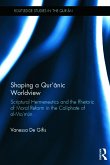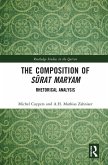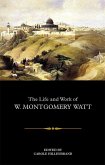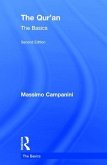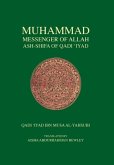In this comparative analysis of the significance of keeping and revealing secrets in early Islamic culture, Khan works with a broad range of Arabo-Islamic texts to map interconnections between concepts of secrecy and identity. In early Islamic discourse, Khan maintains, individual identity is integrally linked to a psychology of secrecy and revelation. Khan further maintains that secrecy and identity demarcate boundaries for interpersonal relations when governed by the cultural norms of discretion espoused in these texts. As evidence for her study, Khan explores religious and literary representations of secrecy in classical texts as diverse as the Quran, the Book of Concealing the Secret and Holding the Tongue by al-Jahiz, and courtly love poems, including the story of Majnun and Layla. These works represent divergent approaches to spiritual, ethical, and romantic life in early Islam; yet Khan extrapolates from each a shared construction of secrecy and revelation.
Hinweis: Dieser Artikel kann nur an eine deutsche Lieferadresse ausgeliefert werden.
Hinweis: Dieser Artikel kann nur an eine deutsche Lieferadresse ausgeliefert werden.



